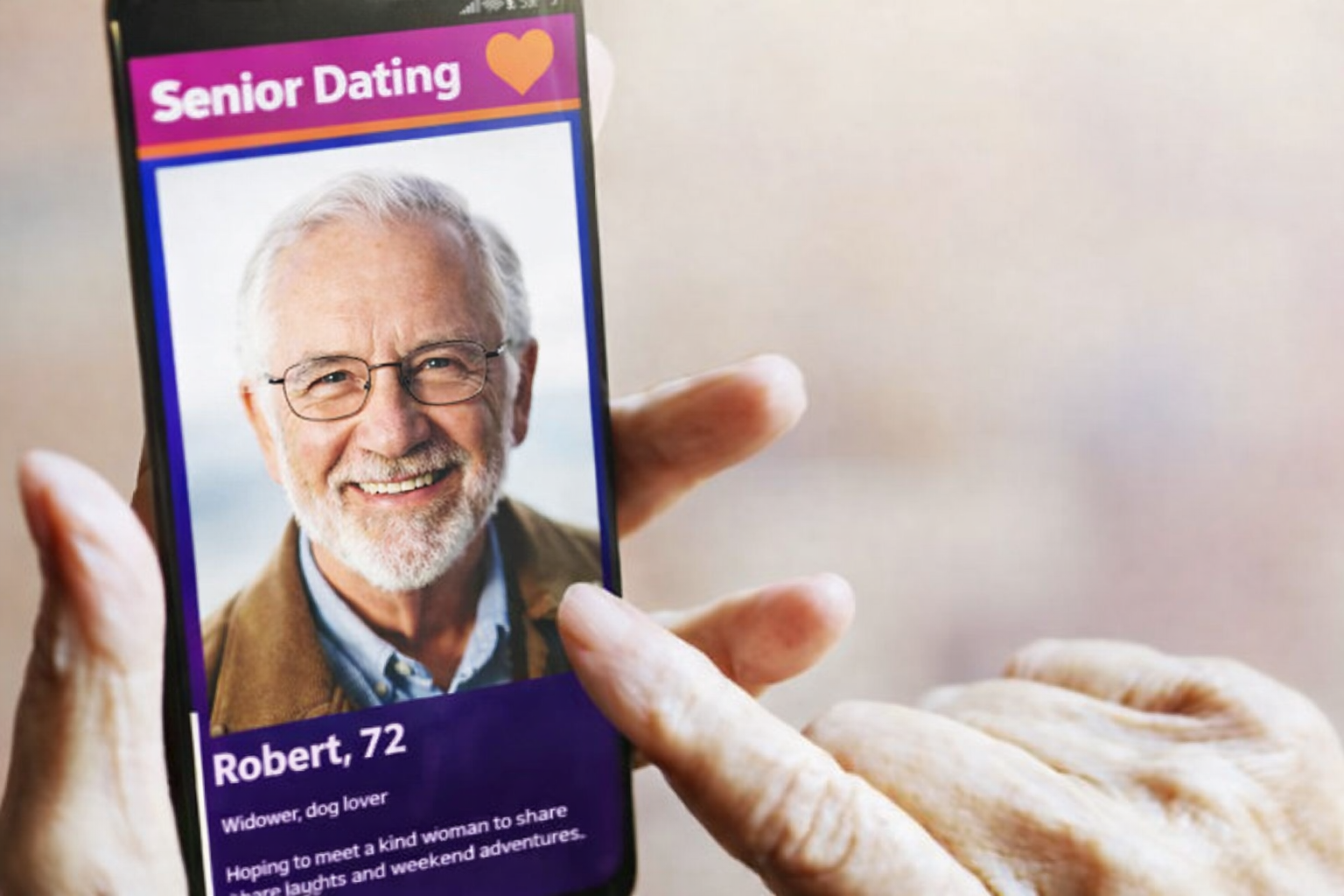The Top 10 Holiday Scams of 2024

Shoppers are expected to spend $201 billion on gifts this holiday season, up from $184 billion in 2023, according to a NerdWallet analysis. And they plan to spend more than $300 billion on holiday travel costs. As consumers open their wallets wide, scammers will be looking for ways to take advantage of them.
Unfortunately, bad actors use the surge in holiday shopping and travel to steal both money and personal information from consumers who let down their guard. That's why it's important to remain vigilant to protect yourself. Being aware of the most common holiday scams will help you avoid them. Here are the top 10 schemes to be on the lookout for this year.
Social media ads
If you're scrolling through social media sites such as Facebook and Instagram and see ads for popular items that are deeply discounted, resist the temptation to click on those ads. They could be scams, and you could end up with inferior products, counterfeit items or nothing at all, according to the Better Business Bureau. Search online for reviews of the company offering the deal. Better yet, visit trusted retailers' sites to see if they're offering a discount on the product.
Look-alike retail websites
Scammers create websites that mimic trusted retailers' sites to trick consumers into shopping on them. And some simply make up new retail sites that pop up around the holidays with what appear to be great deals.
If you receive emails or text messages that supposedly are from retailers or see ads online for deals, pay particular attention to the spelling of the retailer’s name in the link. It might appear to be a link for a retailer you know, but if the name is slightly misspelled (such as Amaz0n with a zero), don’t click on the link. Your best bet is to avoid clicking on any links in emails or online ads. Instead, go directly to a retailer’s website to search for deals.
Shipping scams
Scammers take advantage of online shopping around the holidays to send fake shipping confirmation emails and text messages. The messages appear to come from the U.S. Postal Service or legitimate shipping companies and claim that the company is having trouble delivering a package to you. Or, it might ask you to update your delivery preferences.
Don’t click on any links in these messages. They will take you to a form that requires your personal information, which will be stolen. Or they will download malware onto your computer.
Fake travel booking sites
Scammers create websites that look like official travel booking sites. When travelers search online for flights or hotels in cities they plan to visit, these sites pop up in the search results—and the prices tend to be too good to resist. However, people who have booked travel through these sites have discovered that they were charged much more than the advertised price, that reservations weren't actually made in their names, and they couldn't get a refund, according to BBB. Rather than chance landing on a fake site, go directly to hotel and airline sites or reputable third-party booking sites such as Expedia and Priceline.
Alerts about compromised accounts
If you get an email or text message that there has been unusual or fraudulent activity on your bank account or another account, such as Amazon, Netflix, PayPal or Venmo, it’s a scam. The links in these messages will take you to websites that ask for your account information, which scammers will use to access your account. If you’re concerned that there might be suspicious activity on your account, contact the company directly by calling the number on its website. Don’t call a number provided to you in an email or text message.
[ See: Don’t Fall for Zelle Scams ]
Free gift cards
Watch out for emails with offers for free or discounted gift cards—even if the emails appear to come from legitimate companies. Scammers send these phishing emails in an attempt to get your personal information. This scam also can appear as a text message with a link to claim a free gift card or prize. Whatever you do, don’t click on the links or respond to these messages. They might download malware onto your computer or device or send you to a fake site that aims to steal your personal information.
Fake charities
Scammers take advantage of people’s generosity during the holiday season by creating fake charities or pretending to be people in need. Be wary of any organization that pressures you to make a donation on the spot, requests to be paid in cash or by gift card or wire transfer, that won’t provide specifics about how your money will be used or promises you’ll win a sweepstakes if you donate.
Research organizations before giving by searching online for the name of the organization and the words “complaint,” “review” or “scam.” Find out if the charity is registered in your state by checking with your state charity regulator. And get reports on charities and their ratings at organizations such as Charity Navigator and CharityWatch.
[ Find Out: How to Avoid Charity Scams ]
Seasonal job scams
Watch out for job scams if you look for seasonal work. Scammers will ask for payment upfront for job supplies or training fees or for personal information before hiring you, according to BBB. Some will send checks to cover job-related costs then ask you to send a portion of the payment back, but the checks will be fake. Scammers also might offer high wages for simple tasks or offer to hire you without an interview. All of these are red flags that the job offer is fake.
Boss text scams
If you get a text message from your boss asking you to buy gift cards for clients or send money through a payment app, it could be a scam. Scammers are even taking advantage of AI to replicate voices in phone calls and images in video calls. They'll try to get you to act quickly by claiming that it is an urgent request or possibly threatening repercussions. Before responding, though, reach out directly to your boss through another contact method, such as email, to find out if your boss has contacted you.
Social media gift exchanges
Don’t be tempted to join a gift exchange online with people you haven’t met. This scam pops up annually, often called a Secret Sister gift exchange and promising that participants will receive up to 36 gifts, according to BBB. Other versions include purchasing $10 gifts online, submitting your email to a list to pick a name and send money to a stranger to “pay it forward,” and sending a gift for a “Secret Santa Dog.”
All versions require providing your personal information and often the contact information of other family and friends. And you’re tricked into sending gifts or money to strangers.
How to avoid holiday scams
Being aware of common scams can help you avoid them. However, scammers are always coming up with new tactics. That's why it's important to take additional steps to protect yourself this holiday season.
- Beware of deals that are too good to be true. Unreasonably low prices—especially on hard-to-find items—are a red flag for scams.
- Stick with retailers you trust. One of the best ways to avoid scams is to shop only with well-known retailers. If you see deals advertised online for retailers you’re not familiar with, search the company names online along with the word “reviews,” “scam” or “complaint.” Also, visit BBB.org to see reviews of companies.
- Don't click on links in emails or text messages, even if they appear to come from trusted retailers. Visit retailers’ sites directly to see if you can find the deal that you’ve been notified about. And if you’ve ordered items online, use the package tracking information that you were provided in your purchase confirmation email.
- Don’t click on ads for discounted items. Instead, go directly to the retailer’s site. If you don’t find the advertised deals on the official site, the ad likely was fake.
- Make sure websites are legitimate and secure by checking the URL for misspellings and extra letters or characters (for example, a fake Dick's Sporting Goods URL might appear as d-sportinggoods). Look for https:// and a padlock symbol. Also, look for customer service contact information. If you can't find any or if it directs you to a generic email address, avoid making purchases from that site.
- Use a credit card for online purchases. Credit cards offer more protections than other forms of payment if you need to get your money back for fraudulent transactions and for purchases that merchants aren’t willing to refund.
- Monitor bank and credit card accounts for unauthorized charges. There’s still a chance that scammers could get your credit or debit card information even if you take the steps above to stay safe. Signing up for a service such as Carefull can provide 24/7 monitoring of your bank and credit card accounts for unusual or fraudulent transactions, as well as credit and identity monitoring. You can try Carefull for free for 30 days.
[ Keep Reading: How to Report a Fraudulent Charge]

3 Steps to Safer Money,
Try it Free for 30 Days
Step 1
Start your free,
no-risk trial
Step 2
Connect the accounts and cards you want protected
Step 3
Stay alerted to any
unusual activity



.png)



